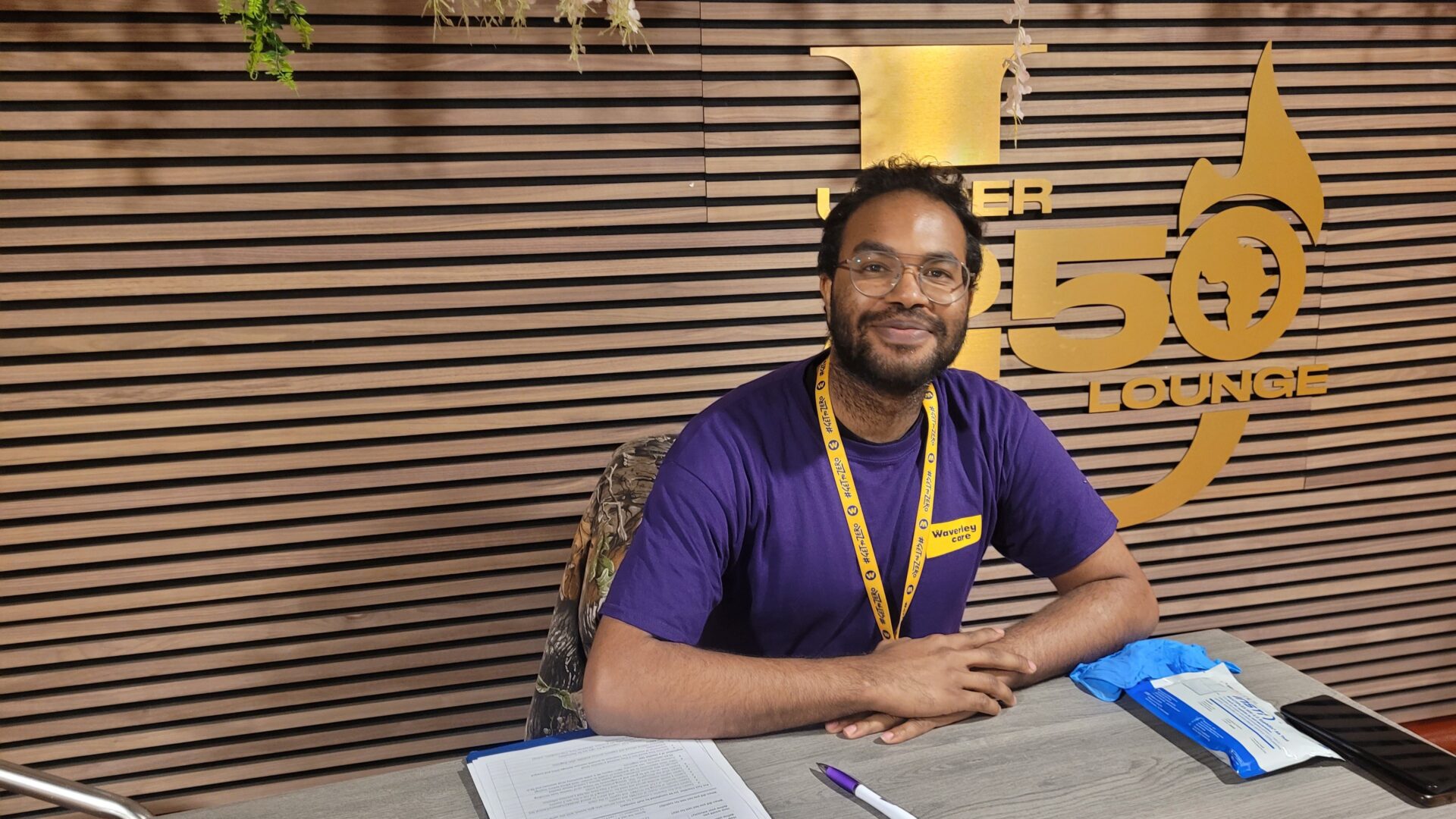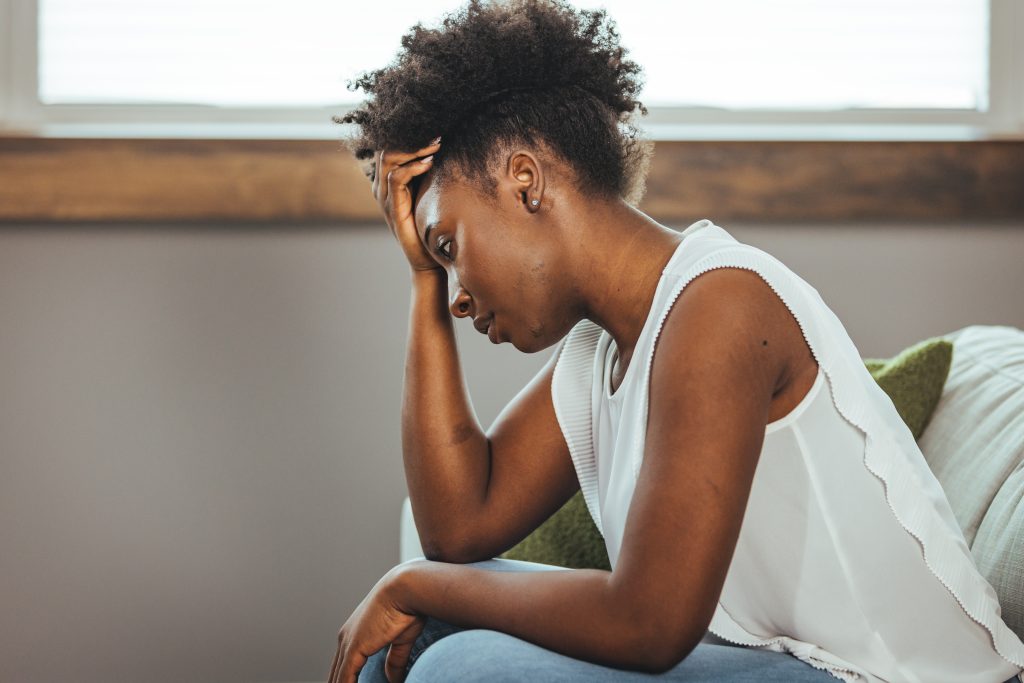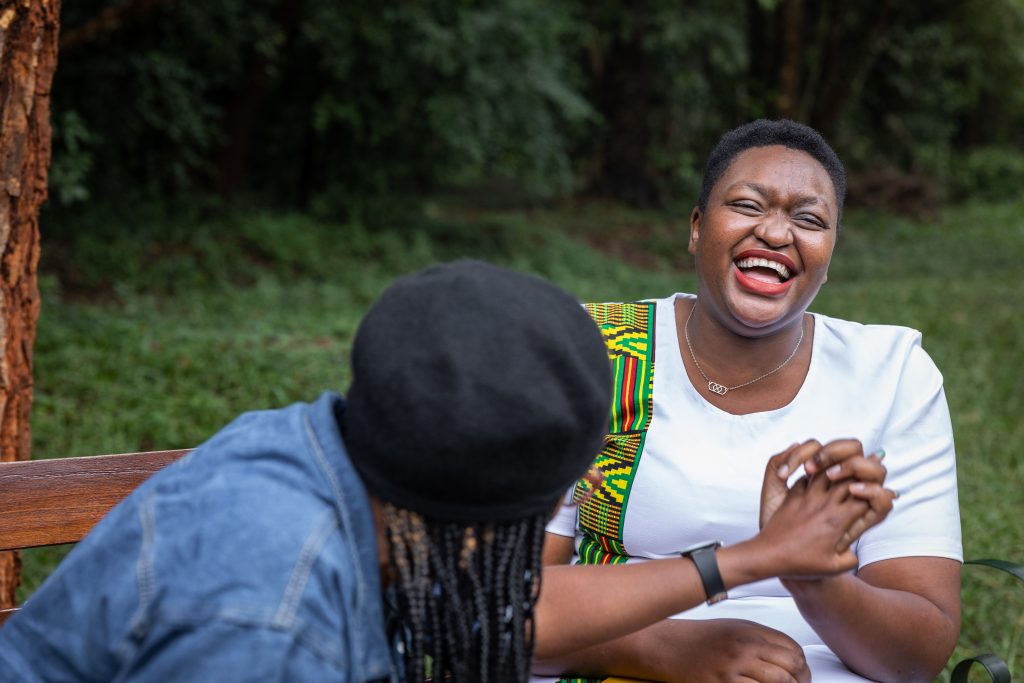
July 21st is Zero HIV Stigma Day 2025. At Waverley Care, we use this day to recommit building a future free from stigma, where everyone, regardless of background or HIV status, can access treatment and support without fear or shame.
The date was chosen to honour Prudence Nobantu Mabele, a South African activist who was born on July 21st, 1971. Prudence was the first woman in South Africa to speak publicly about living with HIV. She spent her life helping other women talk openly about their status and to live without shame. She, along with so many other people living with HIV, continues to inspire us to fight against stigma.
Ahead of this year’s Zero HIV Stigma Day, we spoke with Talal Ahmed, Community Engagement Officer at Waverley Care. Talal works with Minority Ethnic communities in Scotland, helping people access information, HIV testing, PrEP, and support in a way that feels safe and respectful.
The Unequal Reality: HIV in Minority Ethnic Communities
In the UK, HIV disproportionately affects Minority Ethnic communities, particularly Black African communities. In 2023, 54% of all new HIV diagnoses in the UK were among people from Black African backgrounds, even though Black communities make up just 4% of the population.
We know that Black African people and people from other Minority Ethnic backgrounds continue to face disproportionately poorer HIV outcomes, but why is this the case? Talal believes that the overarching issue is a lack of tailored, culturally relevant support options.
Fear of testing and lack of tailored resources, promotional materials, and culturally relevant messaging for Minority Ethnic groups are the main factors hindering the normalisation of HIV testing and treatment for Minority Ethnic communities.
Talal also told us that the service users he supports often face three types of barriers when trying to get care.
We can identify the barriers categorically; there are systemic, social, and personal barriers.
Systemic barriers include factors such as the difficulty in understanding services, language differences, and the cost of transportation to appointments. A further significant systemic barrier is posed by the immigration system. Those seeking asylum are often left separated from their families, living in unfit housing, unable to work, and without access to health and social care or welfare benefits.
At a social level, stigma is stronger in some Minority Ethnic communities. Talal explained that there is still a harmful belief that HIV came from Africa because of certain cultural practices. In reality, the spread of HIV is more closely linked to political and economic issues. These misunderstandings have led to a culture of blame and shame.
Personal barriers can include poor mental health, housing insecurity, and financial worries. These all make it harder for people to get the support they need. Another, often less recognised, personal barrier is internalised stigma, which is when negative beliefs about HIV in society are absorbed and turned inward, affecting how people living with HIV see themselves. Research has found that people from Minority Ethnic backgrounds who are living with HIV often face greater internalised stigma, which discourages them from seeking help.

The Weight of Stigma
Stigma remains one of the most damaging and persistent barriers for people living with HIV, especially those from Minority Ethnic backgrounds.
Talal explains that HIV stigma often comes from a lack of knowledge. In many parts of the Global South, there has been limited access to HIV education and treatment, which means people may still believe outdated and harmful ideas about the virus. Consequently, many people wrongly think HIV only affects gay men or that it’s linked to certain cultures.
Talal trained as a doctor, and during his time in medical school, he saw just how little some of his classmates knew about HIV. This made him realise that even in healthcare, stigma and misunderstanding still exist.
People living with HIV often feel isolated from their communities. This is especially painful for people from Minority Ethnic backgrounds, who may already feel marginalised in wider society. Having to face HIV stigma on top of that can be overwhelming.
Stigma significantly impacts the quality of life for people living with HIV from Minority Ethnic communities... [HIV] affects their self-esteem and confidence. Considering the intersectionality of race, gender, sexuality, and sociopolitical systems of oppression, the edifice of stigma becomes extremely complex.
Stigma doesn’t just affect how people feel. It can seriously harm their mental health, damage their self-esteem, and stop them from asking for help. In some communities, simply talking about sexual health is seen as shameful, which makes it harder to get tested or start treatment.
Talal explains: “Testing may wrongly be perceived as a sign of promiscuity or sin. Some of the service-users I work with come to me extremely hesitant to access testing services.”
What Needs to Change
Talal believes there are ways to make things better: “With new challenges, we need to find new solutions”.
Many people from Minority Ethnic backgrounds say that health and social care services don’t always feel safe or welcoming. Staff may not understand cultural differences, or people might experience microaggressions and even racism.
To remedy this, Talal emphasises the need for ongoing staff training to support the unique barriers that people face and provide more culturally sensitive care.
Continued training on culturally sensitive approaches and independent monitoring and evaluation mechanisms of these services would ensure a better uptake of mental health support among Minority Ethnic communities.
Another helpful change would be making HIV testing and preventative medicines, like PrEP, easier to access. For instance, right now, you can only get PrEP from sexual health clinics, and some people are worried about being seen going in. Talal thinks it would help if people could get PrEP from their GP, a pharmacy, or online, where it feels more private.
Another way to tackle this is to make PrEP consultations and prescriptions available via local GPs... so people are not seen accessing sexual health facilities
But Talal also points out that some communities don’t fully trust the government or health services, so building trust is just as important as offering more services.
Mental health is another area where support needs to improve. Many people living with HIV from Minority Ethnic backgrounds are not getting the mental health care they need. Talal says we need better access to mental health services for people living with HIV that respect people’s culture and lived experience.

How Waverley Care is Helping
Scotland has a goal to end new transmission of HIV by 2030. Alongside this goal, however, there is an equally important ambition to reduce stigma around HIV.
At Waverley Care, we play a pivotal role in leading the societal change needed to reduce HIV stigma in Scotland. And, for Minority Ethnic Communities, who often face heightened stigma, we run a dedicated programme.
The focus of our Minority Ethnic programme is to make sure people have access to HIV testing, prevention, and treatment when they need it. Our team shares clear, accurate information about HIV testing, prevention, and treatment, and we offer testing in trusted community spaces. We provide access to condoms and facilitate access to PrEP for those who need it.
Our Health Improvement Team supports people from Minority Ethnic backgrounds who are living with HIV by supporting people to understand their diagnosis, to access and engage in healthcare, and talk through how HIV affects their lives. We also support people with a whole range of issues that are important to them, such as housing, welfare benefits, and immigration issues, and where appropriate, we connect them to other organisations for specialist advice.
All this important work not only offers culturally sensitive support for people from Minority Ethnic communities but also tackles stigma and its mal-effects head-on.
In addition, our peer support project–open to individuals from all backgrounds–connects people living with HIV so they can support each other, reduce loneliness, and build confidence with things like starting treatment or managing everyday life with HIV. In the “Beyond the Virus” report, which looks at mental wellbeing among people living with HIV, peer support is recognised as a hugely effective tool for reducing the impact of stigma on people’s lives.
Looking Towards a Stigma-Free Future
Zero HIV Stigma Day is a chance to remember that when we talk about HIV, we are not just discussing a health issue: it’s just as much about equality, dignity, and understanding.
By learning more, speaking kindly, and standing together, we can make sure that everyone, no matter where they come from, feels safe, supported, and free to live without stigma.
